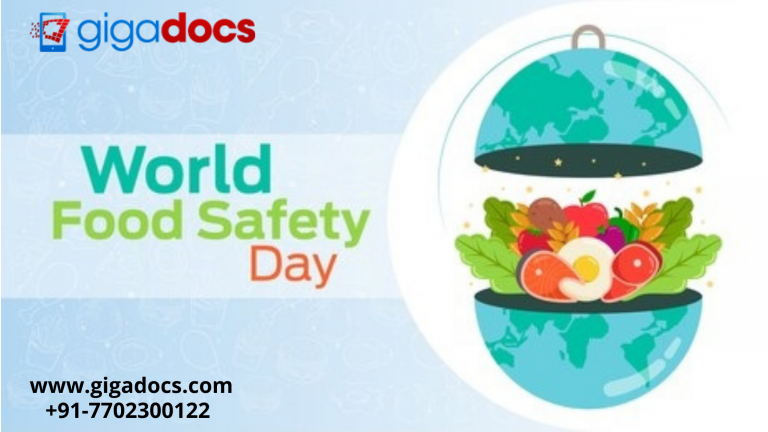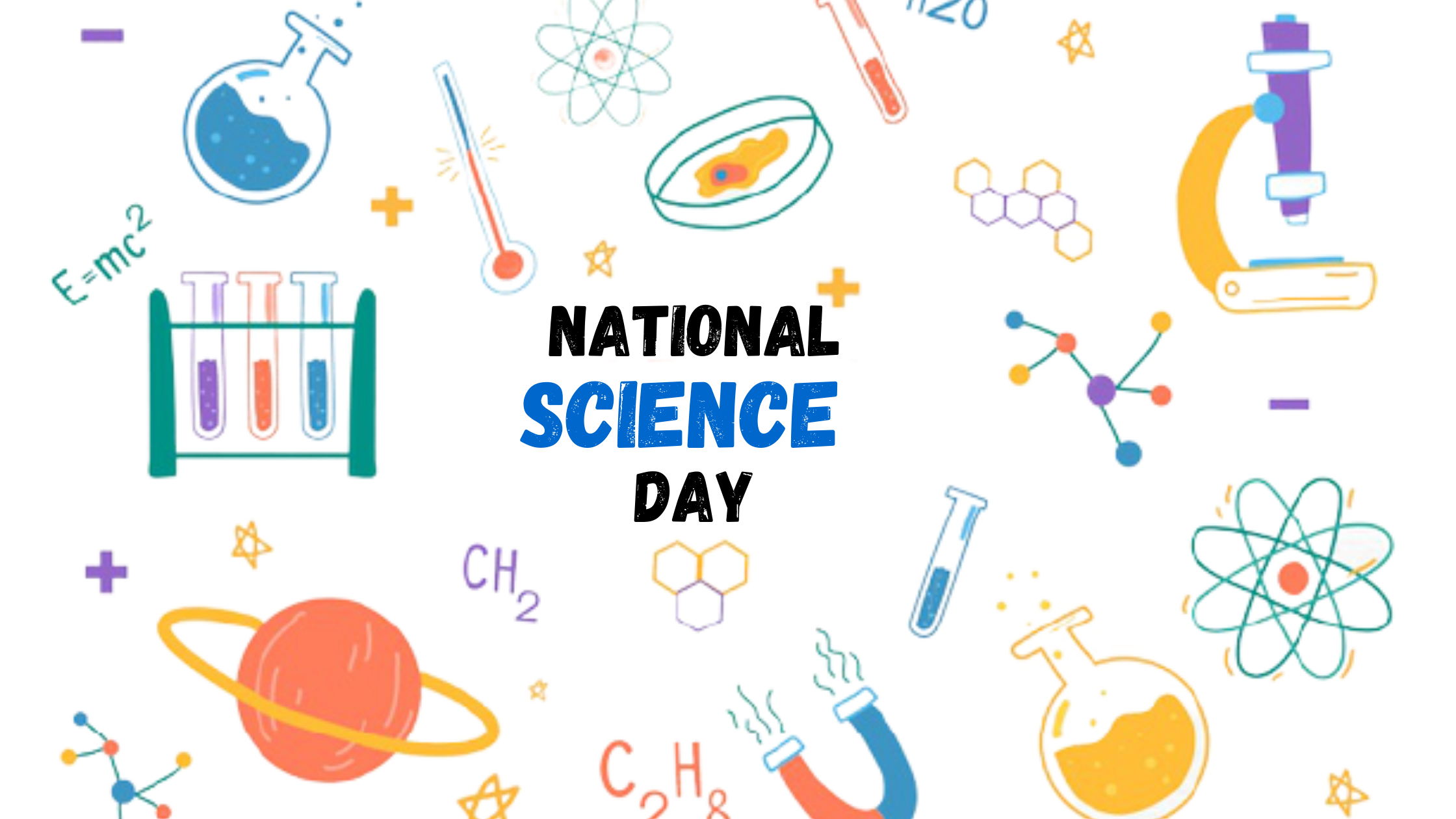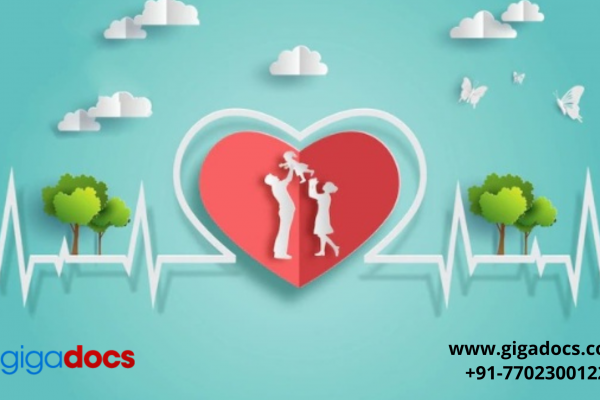In India, the economic impact of food-borne diseases is estimated to be USD 15 billion.
Covid-19 taught us to care for ourselves, increase our awareness and keep a check on our overall hygiene practices. Consequently, food hygiene has evolved as an important factor for regulators, customers, and, above all, food manufacturers and companies. The constant urge to be aware of what we consume or what gets on our plate has emphasized the need for maintaining food cleanliness, a top priority for everyone now.
There has been a lot of discussion about how open and unpackaged street food is to blame for the country’s dangerous and unhygienic food consumption. Street food made in unclean places by vendors who may not maintain personal hygiene, do not wear masks and gloves, or may not keep a safe physical distance from fellow workers, especially during COVID, is exceedingly unsafe to consume. Unhygienic and dangerous food fosters a vicious cycle of disease and sickness that affects the elderly, sick, and children, adding to the country’s already high medical burden.
Economics of Food Borne Diseases
Nonetheless, outbreaks of food-borne infections and food safety issues have continued to be reported regularly from across the country. One of the most common sources of preventive infections in India are caused by contaminated food and water. Not to forget unsafe sanitation practices.
Wearing an apron, using tap water, using soap to clean utensils, and storing food in suitable refrigerated facilities are all elementary food safety procedures that go a long way to prevent waterborne diseases among the masses. Food can cause diseases if the producers and manufacturers do not follow precautions throughout the production chain. Furthermore, food infected with germs, parasites, chemical pollutants, and biotoxins can cause various diseases, from diarrhea to cancer.
Do you know?
- Food-borne diseases (FBD) cause nearly 8 million Disability Adjusted Life Years in India each year, resulting in 1,20,000 fatalities.
- Children below the age of five are 40 percent more likely to die due to FBD, with roughly 30,000 deaths a year.
- Unfortunately, these are alarming numbers that will only increase and will affect 150 to 177 million people annually by 2030.
The Importance of Food Safety
Unfortunately, infectious, or toxic foodborne diseases are usually invisible to the naked eye. Therefore, preventing contamination by bacteria, viruses, parasites, or chemical substances is a necessary caution that we must practice and follow for our wellbeing.
Food safety is a vital parameter that ensures the safety of food at every stage of the food chain, from production to final consumption.
World Food Safety Day 2021
According to the World Health Organization (WHO), the ‘World Food Safety Day’ is an annual event organized on the 7th of June to promote awareness about foodborne hazards and help prevent, diagnose, and manage adverse illness, thereby contributing to global health. “Safe food today for a healthy tomorrow.” is this year’s theme for the World Food Safety Day 2021. The World Health Organization (WHO) emphasizes that the production and consumption of safe food must benefit the people, the environment, and the economy in the short and long term.
The coronavirus disease (Covid-19) pandemic, believed to have started spreading from a ‘wet market’ in China’s Wuhan, has affected and killed millions globally. As a result, the global food safety watchdogs have focused their attention this year on the risks associated with sustainable human development through proper food security and unhealthy eating habits.
Lessons learned from Covid
With the rise of COVID-19 over the world, the focus on safe food, nutrition, and immunity has become even more paramount. Preventive healthcare lowers the illness burden and aids in addressing the rising burden of diet-related disorders like diabetes, hypertension, obesity, and malnutrition.
When Covid-19 emerged, it gave a new set of recommendations, in addition to existing food safety standards. Food companies were told to ensure that their staff members and workers were informed about the virus’s symptoms, the risks it poses, and the best techniques for avoiding those risks. As a result, careful food handling, social distancing, and other preventive behaviors such as wearing a face mask, handwashing with soap, or using alcohol-based sanitizers have become mandatory across food businesses.
Furthermore, food premises, including parts of a food institution such as preparation, storage, and packaging areas, equipment, and containers, are required to be sterilized regularly.
In a kitchen or facility where food is prepared, packaged, etc., there should be a limited number of food workers/handlers, with each worker keeping close personal/social distance. In addition, COVID-related social distance and personal hygiene norms and practices must also be strictly adhered to by individuals involved in food delivery, transportation, and distribution services.
We have learned from this pandemic that how we approach food safety significantly impacts human health in the future. World Food Safety Day emphasizes the need for sustainable food choices, safe food handling, and food security. Not to forget, minimizing the potential spread of diseases and illnesses requires education and understanding of food safety risks. Thus, the food that we consume must be carefully controlled from production to the end consumer’s hands to avoid any contamination risk.
What we eat has become a primary concern for the entire ecosystem of food manufacturing, delivery, and consumption. Everyone, from restaurants and hotels to food makers and vendors to food handlers and, lastly, food consumers, must be aware of and implement hygienic food standards. Good food hygiene practices lower illness and death and fatalities.
Food Safety with Gigadocs
To alleviate your concerns about Coronavirus contamination and transmission, you can consult a dietician or an infectious disease expert through a teleconsultation on the phone or a video call. By arranging an appointment on the Gigadocs app, you may tap into the power of telemedicine technology and visit an infectious disease specialist or a nutritionist.
Gigadocs is a smart practice management software that helps you, book doctors. Through the secure Gigadocs platform, you may keep your medical information, track your vitals, and share them with your digital doctor in real-time. Gigadocs facilitates its patrons to collect points for every transaction they undertake on the Gigadocs app in its newest feature. The users can redeem these points while booking appointments and availing themselves of digital consultations on the Gigadocs app. To know more,
Download Gigadocs app-
IOS App – apple.co/2W2iG4V
Android App – bit.ly/33AQoRC
To know more e-mail at info@gigadocs.com




